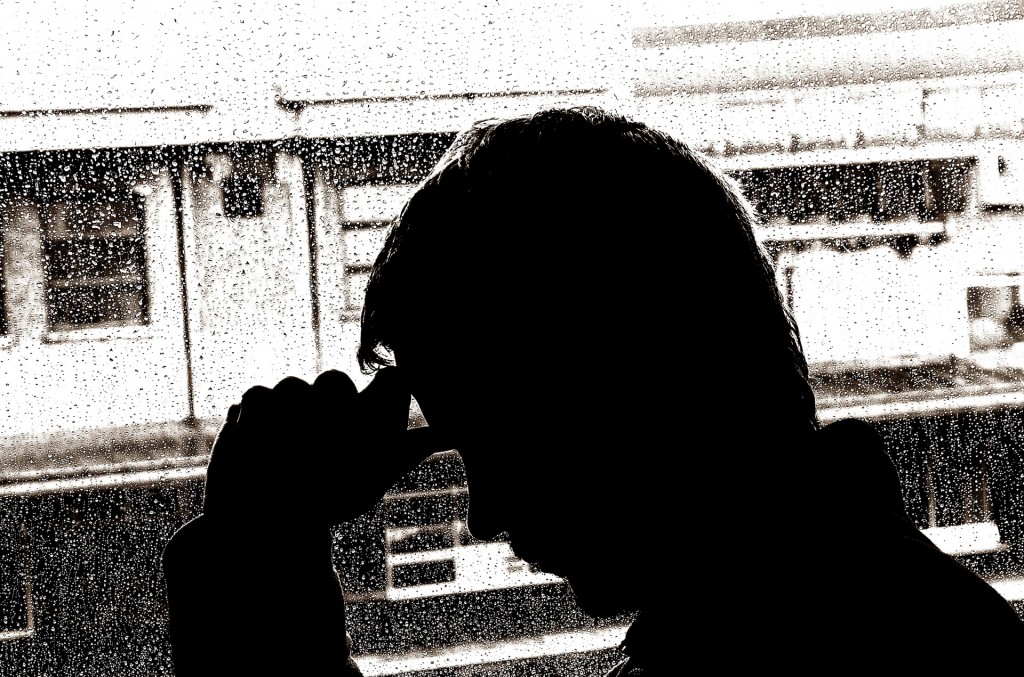When Dissociative Identity Disorder and Depression Coincide
Many people with dissociative identity disorder (DID) experience symptoms of depression. Sometimes, the depressive symptoms are minor and intermittent. Other times, the symptoms are substantial enough to result in an additional diagnosis of a depressive disorder. In either case, depressive symptoms can have a significant impact on those with DID, and can make living with DID a little more complex.
Comorbidity of Dissociative Identity Disorder and Depressive Disorders
People with DID often experience depression. When depressive symptoms cause a significant impact in functioning, a comorbid diagnosis is made. Two common depressive disorders that occur in people with DID are major depressive disorder (MDD) and persistent depressive disorder (PDD), formerly known as dysthymia. It is important to treat both the DID and the depressive disorder, as ignoring either one can make the other worse.
How Depressive Symptoms Can Affect Dissociative Identity Disorder
Depressive symptoms are difficult to manage on their own. When you add DID into the mix, it gets complicated. For many people with DID, experiencing depression leads to more dissociation. Dissociation is how we learned to cope, an d we continue to use that same coping skill to handle depressive symptoms because it became our natural response.
d we continue to use that same coping skill to handle depressive symptoms because it became our natural response.
When dissociation is increased, we feel less in control. It becomes difficult to do the things that need to get done, like work, school, and/or self-care. The loss of control from dissociation worsens the symptoms of depression, resulting in a vicious cycle.
Dissociative Identity Disorder Alters Can Experience Depressive Symptoms
It is possible for DID alters to have depressive symptoms, regardless of whether or not the core person experiences depression. It can be tricky to recognize depression in different parts if there is little communication within the system, which is another reason why it is important to try to communicate with your parts. In some systems, there are alters specifically tasked with managing depression. This can lead to increased dissociation when symptoms are consistent.
It is important to acknowledge any parts who are experiencing depression. No one wants their feelings to be ignored, and alters shouldn't be ignored, either.
My Experience Living with Depression and Dissociative Identity Disorder
In addition to DID, I have persistent depressive disorder. Depression is my normal. I can usually manage my everyday symptoms well, but every so often, I experience severe major depressive episodes that make it hard to get through the day.
I become engulfed in a sense of hopelessness that is hard to shake. My dissociation worsens. It's easier for me to give control over than to take it back, and it takes time before I am able to get myself out of that cycle.
I've noticed that I have certain triggers, including anniversary dates and newly recovered memories, which lead to worsening depression. I try to work through it the best I can, through writing, therapy, and by reaching out for support in those difficult times. It doesn't make my depressive symptoms go away, but it makes it much easier to cope with them.
Treatment for Depression in DID Is Possible
Depression is treatable, even for those who also have DID. Psychotropic medications, including antidepressants, are most commonly prescribed to alleviate depressive symptoms. It is important to work together with your psychiatrist when taking any type of psychotropic drug, and monitor any effects they may have on your DID symptoms. It may take time before you find medication that works for you and your system.
Talk to your therapist about your depression. Therapy can help with finding healthy coping skills, staying grounded, and working with your parts to relieve their symptoms, as well as yours.
Don't be afraid to reach out. There is no shame in DID, and there is no shame in depression.
Find Crystalie on Google+, Facebook, Twitter, her website and her blog.
APA Reference
Matulewicz, C.
(2016, October 12). When Dissociative Identity Disorder and Depression Coincide, HealthyPlace. Retrieved
on 2026, January 3 from https://www.healthyplace.com/blogs/dissociativeliving/2016/10/when-dissociative-identity-disorder-and-depression-coincide
Author: Crystalie Matulewicz
Good to hear from your experience with DID and depression. It is such a very lonely and scary way to live
I am afraid that I will never recover from the depression but I have responded well in the past
So ashamed of DID and it is so hard for anyone to understand